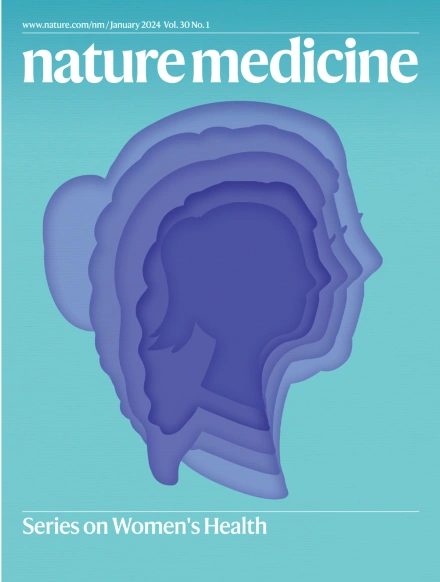Global distribution of research efforts, disease burden, and impact of US public funding withdrawal
IF 50
1区 医学
Q1 BIOCHEMISTRY & MOLECULAR BIOLOGY
引用次数: 0
Abstract
Evaluating whether research aligns with the global burden of disease is essential for equitable and effective scientific progress and improvement of human health. Without systematic evaluation of this alignment, science cannot respond to shifting health needs. Here we analyzed the distribution between research and disease, linking 8.6 million disease-specific publications to two decades of global disease burden data using a triangulated large language model approach. We find that since 1999, research and disease burden have seemingly become much more aligned; however, this is mainly because of regional declines in communicable disease burden, whereas the noncommunicable disease burden has increased and globalized. Meanwhile, research effort has not changed to match changes in disease burden. Our simulations suggest that without intentional alignment, the research–disease divergence will probably widen by a third over the next two decades, and be substantially accelerated by the reduction of US public funding for international research. Aligning research with health needs will require strategic investments, improved global coordination, open science policies and stronger, more equitable international partnerships to build resilience in a fragile research ecosystem. Longitudinal analyses reveal misalignment between global research efforts and disease burden; the gap is expected to widen substantially over the next two decades by the withdrawal of US public funding for international research.


研究工作的全球分布、疾病负担和美国公共资金撤出的影响
评估研究是否符合全球疾病负担,对于公平和有效的科学进步和改善人类健康至关重要。如果不对这种一致性进行系统评估,科学就无法应对不断变化的卫生需求。在这里,我们分析了研究和疾病之间的分布,使用三角化大语言模型方法将860万份特定疾病的出版物与20年来的全球疾病负担数据联系起来。我们发现,自1999年以来,研究和疾病负担似乎变得更加一致;然而,这主要是因为传染病负担的区域下降,而非传染性疾病负担却增加了,并且全球化了。与此同时,研究工作并没有随着疾病负担的变化而改变。我们的模拟表明,如果没有有意的协调,研究与疾病的差异可能会在未来20年内扩大三分之一,并且由于美国减少对国际研究的公共资助而大大加速。使研究与卫生需求保持一致将需要战略投资、改进全球协调、开放科学政策和更强大、更公平的国际伙伴关系,以便在脆弱的研究生态系统中建立复原力。
本文章由计算机程序翻译,如有差异,请以英文原文为准。
求助全文
约1分钟内获得全文
求助全文
来源期刊

Nature Medicine
医学-生化与分子生物学
CiteScore
100.90
自引率
0.70%
发文量
525
审稿时长
1 months
期刊介绍:
Nature Medicine is a monthly journal publishing original peer-reviewed research in all areas of medicine. The publication focuses on originality, timeliness, interdisciplinary interest, and the impact on improving human health. In addition to research articles, Nature Medicine also publishes commissioned content such as News, Reviews, and Perspectives. This content aims to provide context for the latest advances in translational and clinical research, reaching a wide audience of M.D. and Ph.D. readers. All editorial decisions for the journal are made by a team of full-time professional editors.
Nature Medicine consider all types of clinical research, including:
-Case-reports and small case series
-Clinical trials, whether phase 1, 2, 3 or 4
-Observational studies
-Meta-analyses
-Biomarker studies
-Public and global health studies
Nature Medicine is also committed to facilitating communication between translational and clinical researchers. As such, we consider “hybrid” studies with preclinical and translational findings reported alongside data from clinical studies.
 求助内容:
求助内容: 应助结果提醒方式:
应助结果提醒方式:


